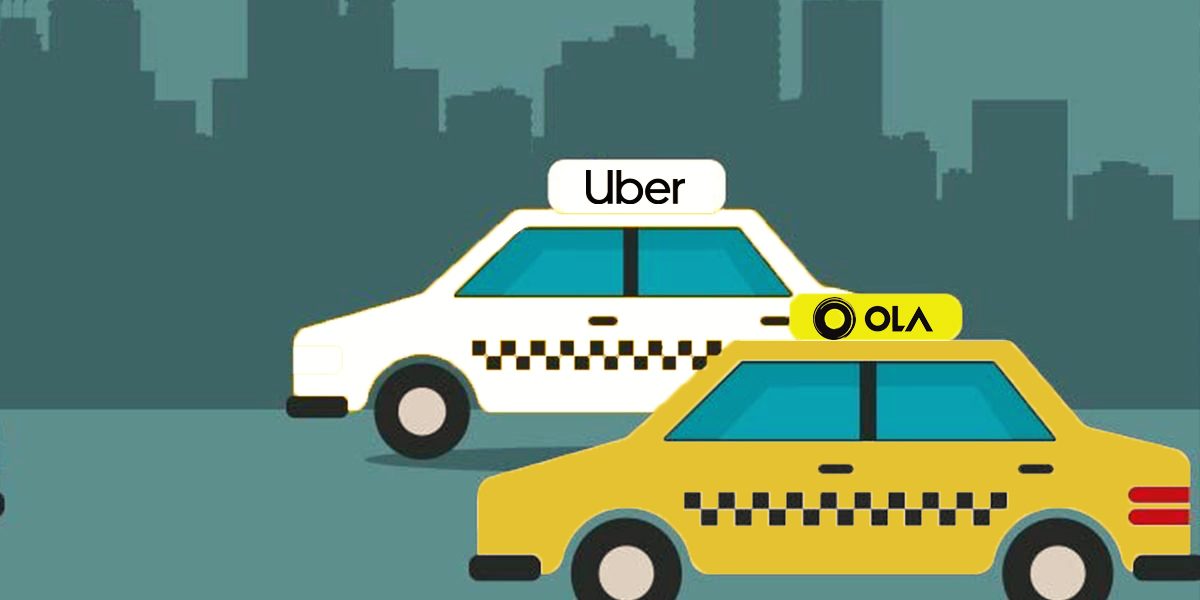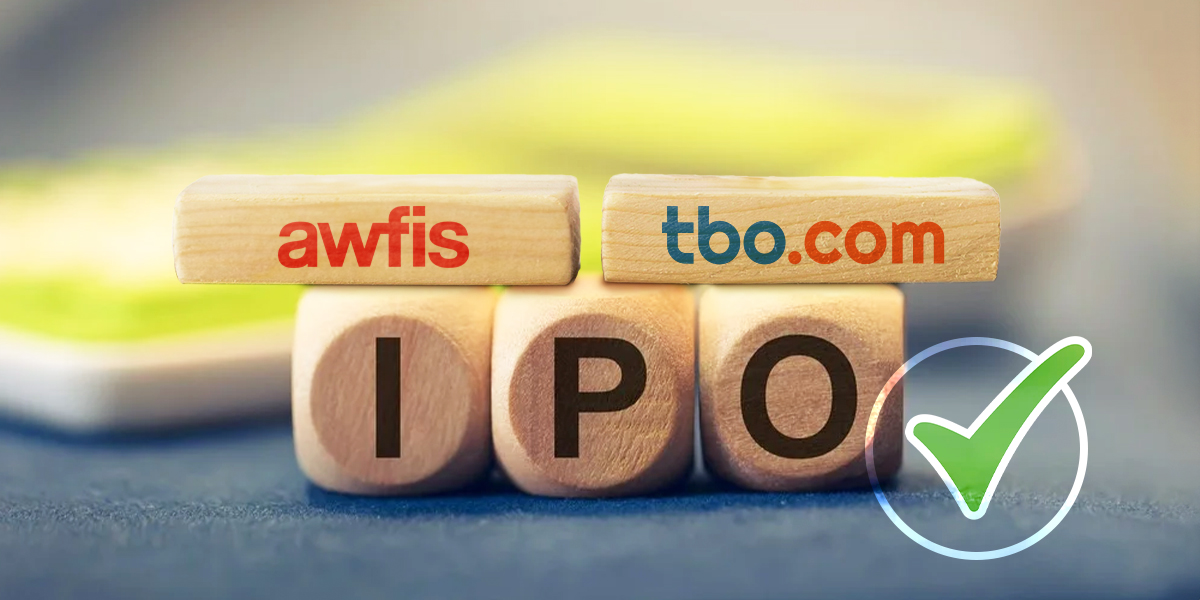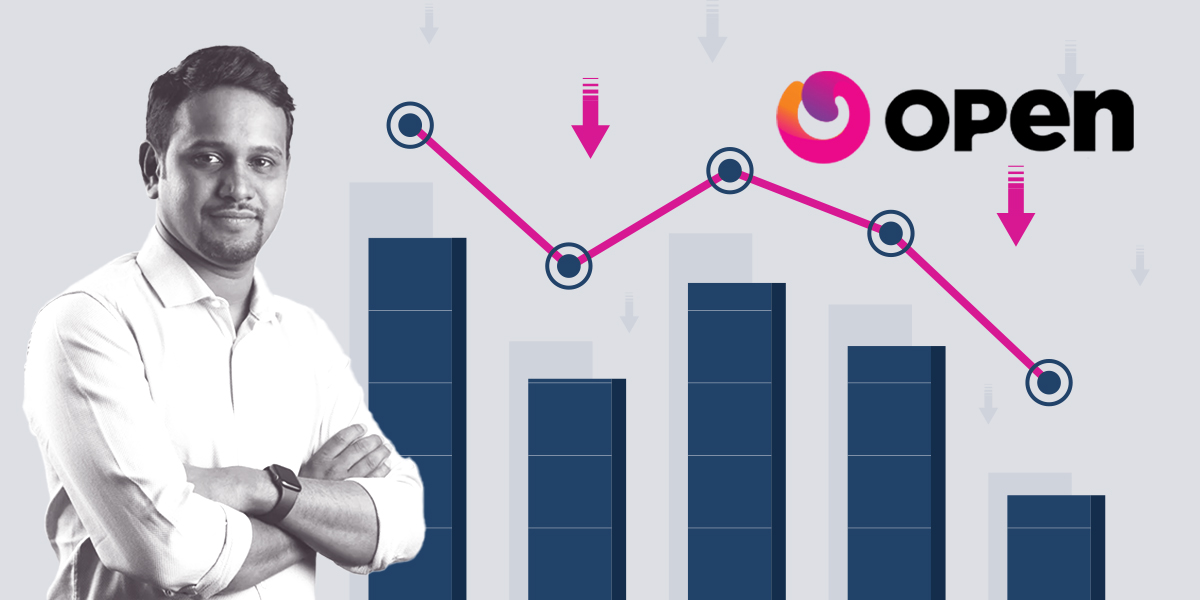To regulate ride-hailing firms such as Ola and Uber, the government is mulling to cap the commission earned by them to 10% of the total fare.
The new guidelines, if implemented, will allow the drivers to receive 90% of the fare from each ride and the remaining 10% will go to the ride-hailing firms.
At present, they earn roughly around 20% commission on every ride.
As per guidelines shared with officials, the govt has suggested capping surge price to a maximum of twice the base fare. The states can also fix the base fare after consulting cap aggregators, said ET report quoting a govt official.
The government is planning to release the draft for public feedback next week, the report added.
On the issues of drivers and passengers cancelling rides, the guidelines suggest a penalty in the range of 10-50% of the total fare not exceeding Rs 100.
Earlier in September, Entrackr had reported on the framing of new guidelines by the government for cab aggregator platforms addressing several issues, including the dynamic pricing of cab fares during peak hours.
According to government officials, the new regulations will accommodate rules mentioned under the new Motor Vehicles (Amendment) Act, 2019.
In past few years, ride-hailing firms like Ola, Uber and Rapido, who have been operating in the grey area due to lack of official norms, will now be recognised as online intermediaries or marketplaces which can be used by passengers to connect with a driver for transportation.
The proposed guidelines will also address the issues of passenger security, types of vehicles allowed and liability responsibility as provided in the new motor vehicle act.
In July, the Supreme Court had asked the government to draft a new law to regulate mobile app-based taxi service providers and address safety issues, particularly for women riders.
The new framework will be enforceable across India, but the state governments will be allowed to make changes as per the needs of that particular state.













